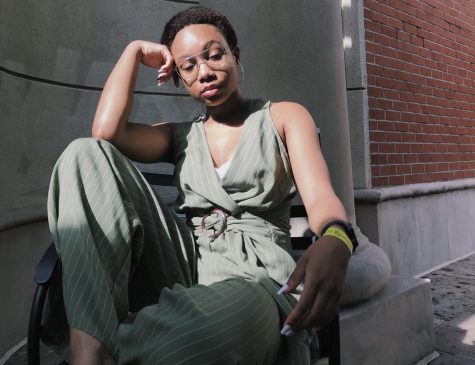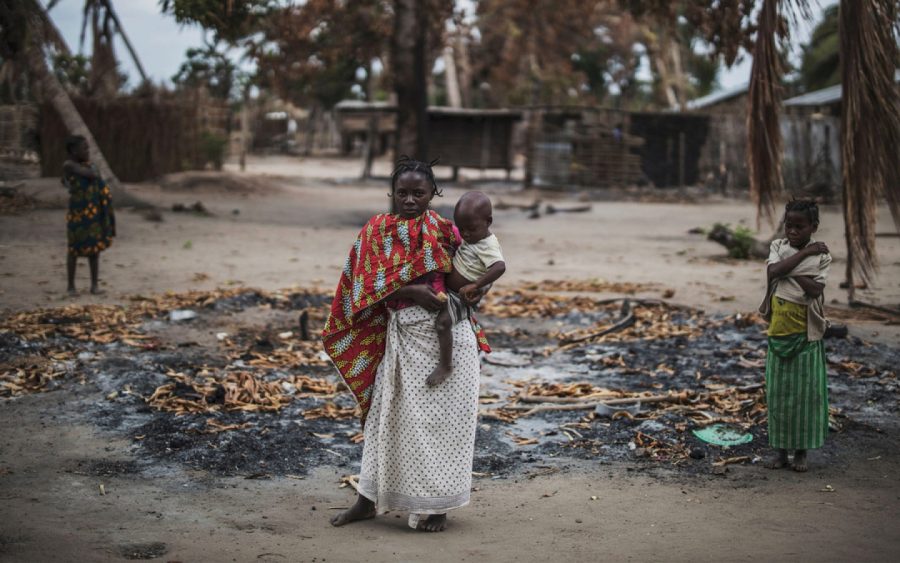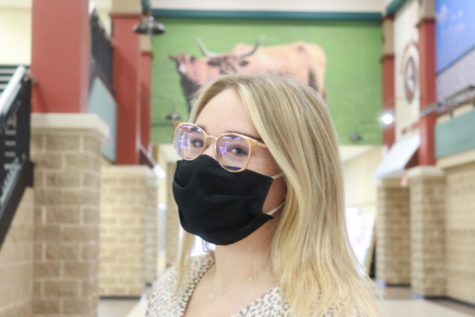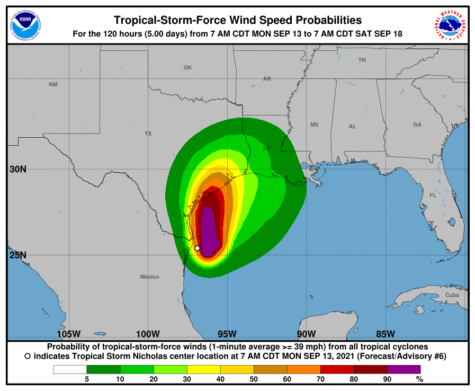Mozambique: The Cruelty of the Callous
Loosely aligned with ISIS, an insurgency’s increasingly sophisticated attacks in North Mozambique are drawing international attention.
Hundreds of thousands of people are losing their homes as the Islamic State gains further control of Mozambique.
CABO DELGADO—The attacks were an initiation rite to induct teenage boys into manhood.
A possible retaliation for governmental efforts to take control.
The Islamic State Militants, by several accounts, turned this tiny farming community of 24 de Marco into a graveyard through a series of attacks that began on October 31st and lasted for several days.
Bodies could still be seen on the ground, and fires burned for days from homes being set alight.
These acts of cruelty were some of the worst seen in the ongoing conflict occurring in Cabo Delgado
Fifteen boys and five men were the first to die (confirmed), decapitated and dumped at a soccer field at Muatide.
Only the first, though.
While unconfirmed, it is believed that another 24 youths and six adults from other areas were also murdered and left in the same place. State media also reported women and children had been abducted. These acts of cruelty were some of the worst seen in the ongoing conflict occurring in Cabo Delgado, a resource-rich province in Northern Mozambique that serves as home to a heavily guarded natural gas development worth over $60 billion.
Insurgents pledging allegiance to the Islamic State are experienced exponential growth in strength this year, leading to an increasingly deteriorating humanitarian crisis that has displaced at least 355,000 people as reported by the United Nations—up from less than 90,000 in the beginning months of 2020.
The militants’ success is confirmation of the Islamic State’s growing influence: as it wanes in the Middle East, it is surging in pockets of Africa.
The insurgency first began in 2017 with a local group known as Al-Sunna wa Jama’a, who exploited grievances such as poverty and unemployment to gain a foothold.
In 2019, the group became identified with the Islamic State’s Central Africa Province, escalating its campaign this year with increasingly brutal attacks and occupation of government territories.
In August, the group captured the port of Mocimboa de Praia, and territory around Palma farther north. According to the New York Times, the port is the main base for international energy companies hoping to exploit Mozambique’s untapped offshore gas reserves, estimated to be the world’s second largest.
Of the 355,000 displaced residents, about 100,000 have taken shelter on the islands off the coast of Cabo Delgado, an area that was formerly a tourist destination. Now, even there they are not safe from attacks.
According to local news reports, last month Islamic State fighters raided the island of Matemo, attacking or kidnapping displaced people as they searched for food and other provisions.
Others have drowned at sea due to capsizing boats, overcrowded from the large numbers of people fleeing. As reported by Zitamar, an independent news service closely following the insurgency, on October 29th, 54 people died on a craft headed to Pemba. Further, back in August on the 13th, at least 40 refugees were murdered by government forces allegedly mistaking their boat for an insurgent craft, as recorded by ACLED.
The pandemic has only exacerbated the crisis
This crisis has garnered international attention, leading to world leaders expressing their support for Mozambique on social media.
The leader of adjacent Zimbabwe, President Emmerson Mnangagwa, tweeted “These acts of barbarity must be stamped out wherever they are found,” adding that “Zimbabwe is ready to assist in any way we can.”
French President, Emmanuel Macron, tweeted “In Mozambique, more than 50 people have been beheaded, women have been kidnapped, villages have been pillaged and then set on fire. Barbarians hijack a religion of peace to sow terror: Islamist terrorism is an international threat that calls for an international response.”
British Foreign Secretary, Dominic Raab, tweeted: “The UK is appalled by reports of the beheading of dozens of civilians in Cabo Delgado province. This is part of a pattern of escalating attacks in north-east Mozambique. We remain in close contact with the Mozambican authorities to tackle the root causes of conflict.”
Meanwhile, within the country, humanitarian assistance is being heavily hit during a time when they’re most needed. Access to people, especially in Cabo Delgado, has severely decreased in 2020.
Humanitarian organizations are facing several obstacles that prevent them from properly operating at full capacity, due to “the insecurity itself, infrastructure or administrative obstacles,” as reported by the United Nations.
The UN also stated that due to several attacks on district capitals—the Mocimboa da Praia, Quissanga, Muidumbe and Macomia districts—many humanitarian actors have no choice but to relocate from vital hub locations, thus reducing their ability to “assess and respond to the rising needs.”
Tanzania and Mozambique signed a memorandum of understanding to join efforts
The poor conditions of infrastructure throughout the Province are a further obstacle, as it makes transport incredibly challenging. Come rainy season, between November 2020 and April 2021, physical access is expected to further worsen.
In response to these increasing needs in Cabo Delgado, the United Nations and humanitarian partners launched a Rapid Response Plan in June 2020, supporting the Government’s National Institute of Disaster Management efforts to aid people affected.
The Plan has sought US$35.5 million to allow humanitarian efforts to “scale up urgent life-saving and life-sustaining assistance and protection services to 354,000 people until December 2020.”
So far, around $23 million has been mobilized through the Central Emergency Response Fund (CERF) and the international community.
Further, in August, Mozambique’s government created the Agency for the Integrated Development of the North (ADIN), in an effort to “address the root causes of the humanitarian crisis in Cabo Delgado, integrating and coordinating humanitarian and development responses.”
The pandemic has only exacerbated the crisis, with Cabo Delgado holding the highest number of COVID-19 cases in Mozambique.
As stated by ACLED, “No details of the outbreak are available, but just as the true rate of COVID-19 infection among the civilian population is likely higher than has been reported, the chance that the disease can spread among soldiers living in close quarters is high.”
There is good news, though.
In late November, Tanzania and Mozambique signed a memorandum of understanding to join efforts. Mozambique’s state-owned newspaper, Noticias, reported that the two countries’ police forces made an agreement that includes the extradition of 516 fighters from Tanzania to its southern neighbor.
It is with high hopes that the world waits with bated breath for further news on the conflict.

Zenobia is a senior in her 3rd year of Newspaper. She's the Online Editor and Copy Editor. She plans on carrying her love of writing over to Howard University,...













